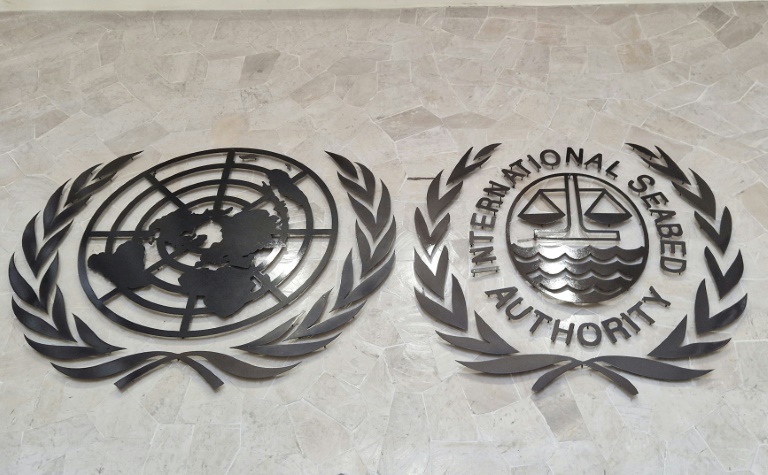ISA Struggles to Finalize Deep Sea Mining Rules Despite US Push

After two weeks of negotiations, the International Seabed Authority (ISA) has not reached consensus on regulations for deep sea mining, despite significant pressure from the United States. The discussions in Jamaica followed a prior meeting in March, where the ISA’s executive council of 36 members conducted a detailed examination of the proposed “mining code,” which includes 107 regulations for extracting valuable minerals from the ocean floor in international waters.
The minerals in question, such as cobalt, nickel, and manganese, are essential for electric vehicles and other advanced technologies. Council president Duncan Muhumuza Laki characterized the ongoing negotiations as a “significant milestone,” drawing applause from attendees. Despite this progress, critical aspects of the proposed rules, particularly those related to environmental protection, remain unresolved. Several member states have expressed opposition to the calls for rapid approval of the code by the end of the year, as outlined in a roadmap approved earlier in 2023.
Salvador Vega Telias, the representative from Chile, emphasized the need for a comprehensive framework before any mining activities can commence. “The exploitation activities cannot begin as long as we do not have a solid, equitable framework,” he stated during the plenary session. He also highlighted the necessity of scientific research to fully understand the potential environmental impacts of deep sea mining.
ISA Secretary-General Leticia Carvalho reinforced the call for regulatory measures, asserting that “the deep sea needs rules.” She added, “I firmly believe that the success of deep sea governance will depend on our ability to draw from robust science, inclusive dialogue, and the wisdom to act with precaution.”
The ISA session will continue next week with the assembly of all 169 member states. This ongoing dialogue follows a controversial directive from US President Donald Trump in April, which aimed to expedite the permitting process for deep sea mining in both domestic and international waters. Citing a lesser-known 1980 law, Trump’s administration appears to be bypassing the ISA’s established regulatory framework.
In light of this development, The Metals Company (TMC) submitted the first request for a high seas mining license, a move criticized by several non-governmental organizations and member states. These groups are concerned that such actions undermine the multilateral legal framework established for resource management. A draft text under review calls upon the ISA’s legal and technical commission to investigate any potential non-compliance by contractors who might engage in activities that violate international laws.
Nauru Ocean Resources Inc. (NORI), a subsidiary of TMC, has held an exploration contract in the Clarion-Clipperton Zone since 2011. This contract is set to expire in one year, and TMC had initially aimed to become the first company to receive a commercial mining license from the ISA. However, the recent shift to pursue authorization from the US government complicates this objective.
Tensions have risen during the Kingston talks, with various delegations expressing frustration over procedural rules set by the council president, including the closure of some negotiation sessions. Emma Watson from the Deep Sea Conservation Coalition criticized what she described as a “big shift” in established procedures, noting that the council is handling issues related to “the common heritage of humankind.”
Ocean conservation advocates warn that deep sea mining could pose severe risks to fragile ecosystems that remain largely unexplored. In contrast, some industry representatives argue that the extraction of these strategic minerals is crucial for advancing clean energy technologies, including electric vehicles, which are increasingly in demand globally.
As negotiations continue, the ISA faces the challenging task of balancing economic interests with environmental protection, a delicate balancing act underscored by the strong views of its diverse member states.






